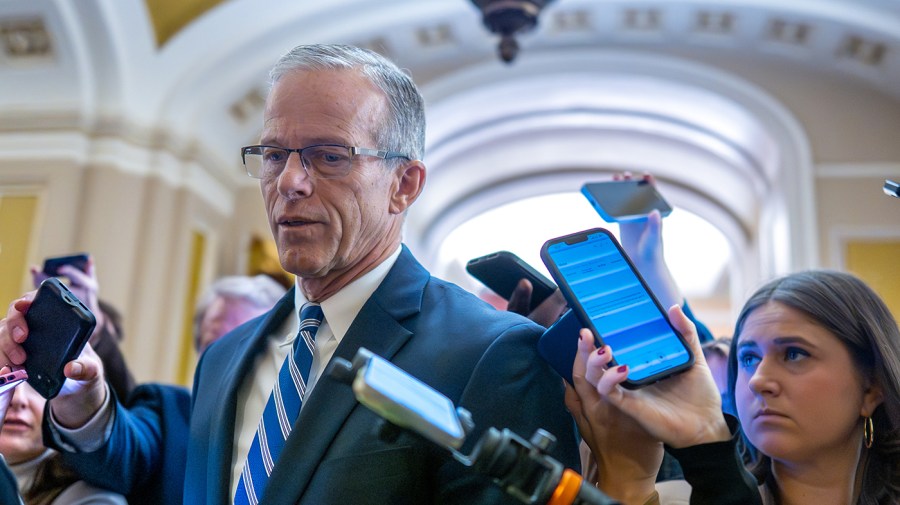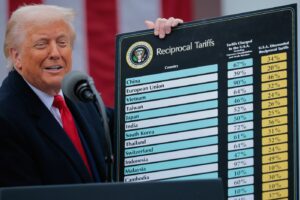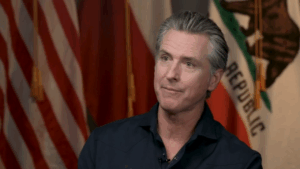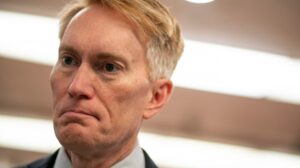
Last week’s off-year elections have complicated the ongoing budget impasse in the United States Congress, contrary to expectations that they might ease the situation. Following the elections on November 4, 2023, which saw significant Democratic victories, party leaders have become more entrenched in their positions, particularly regarding health care funding.
In the lead-up to the elections, there was cautious optimism among lawmakers from both parties. Centrist senators were engaged in negotiations that raised hopes for a potential spending compromise. However, the outcome of the elections has seemingly empowered Democrats to firmly insist on including health care subsidies in any agreement to resolve the government shutdown.
Republican leaders, in response, are maintaining their stance that they will not engage in discussions related to health care or any other issues until the government is reopened. President Donald Trump has further complicated negotiations by dismissing Democratic calls for bipartisan talks, urging Senate Republicans to pursue a partisan approach by eliminating the Senate filibuster—a tactic that many within his own party oppose.
This political environment has led to heightened tensions, with both parties appearing more divided than ever. The potential Senate deal that had been under discussion earlier collapsed, becoming evident after a Senate Democratic luncheon on Thursday. Even centrist Democrats participating in the negotiations indicated they were far from reaching an agreement.
Senate Majority Leader John Thune (R-S.D.) expressed frustration, attributing the breakdown to liberal Democrats leveraging the election results to pressure moderates. “We had given them everything they wanted — or had asked for — and at some point … they have to take yes for an answer,” Thune remarked, emphasizing the need for engagement.
As the shutdown entered its 40th day, the expected political leverage from the election results has not materialized in the way many had anticipated. Instead, the Democratic successes have emboldened their leaders, compelling them to hold firm on their demands. House Minority Leader Hakeem Jeffries (D-N.Y.) characterized the election outcomes as a “decisive repudiation of Donald Trump and failed Republican policies,” reinforcing the Democratic resolve to maintain their position.
In light of the election victories, Senate Democrats solidified their strategy to insist on addressing health care issues as part of any negotiations. Minority Leader Chuck Schumer (D-N.Y.) proposed a one-year extension of expiring Affordable Care Act (ACA) subsidies as a starting point for discussions. “Democrats have said we must address the health care crisis, but Republicans have repeatedly said they won’t negotiate to lower health care costs until the government reopens,” Schumer stated on the Senate floor.
Despite this concession, Republican leaders quickly dismissed Schumer’s proposal, reiterating their demand that the government must reopen first before any discussions on health care can commence. Thune criticized the proposal outright, declaring it a “nonstarter,” and insisted that negotiations regarding the ACA would only occur after the government is operational again.
The election results have fortified the Democrats’ stance, with additional pressure from their liberal base to remain uncompromising. Historically, the party in power has struggled in off-year elections following a presidential election, yet the Democrats exceeded expectations in key states. In Virginia, former Representative Abigail Spanberger emerged victorious in the governor’s race by a margin of 15 points. In New Jersey, current Representative Mikie Sherrill won her race by 13 points, while California voters decisively chose to redraw congressional district maps to favor Democratic representation.
Despite these victories, Republican leaders are downplaying the implications of the election results, asserting they will not influence upcoming midterm elections. House Speaker Mike Johnson (R-La.) noted that the outcomes reflected the preferences of “blue states and blue cities,” suggesting that the situation will not change moving forward.
Calls for renewed negotiations to resolve the budget impasse have been consistently rebuffed by Republican leadership, who contend that their stopgap proposal to reopen the government is a “clean” bill maintaining current spending levels. Last week, Schumer and Jeffries reached out to Trump to request another meeting, but their request went unanswered.
As the deadlock persists, many lawmakers, including some Republicans, believe Trump’s involvement will be crucial in reaching an agreement. Jeffries emphasized the need for Trump to take an active role, stating, “He needs to get off the sidelines and get in the game. Because until he does, this government will remain shut down.” The ongoing struggle reflects the complexities of balancing partisan priorities and the urgent need for a resolution as the shutdown continues.







